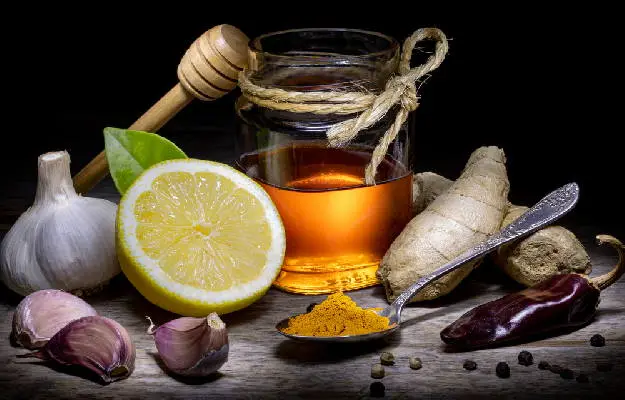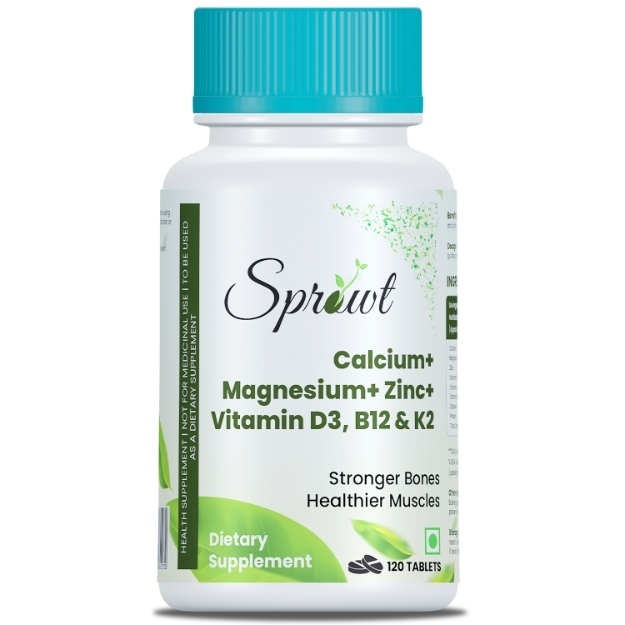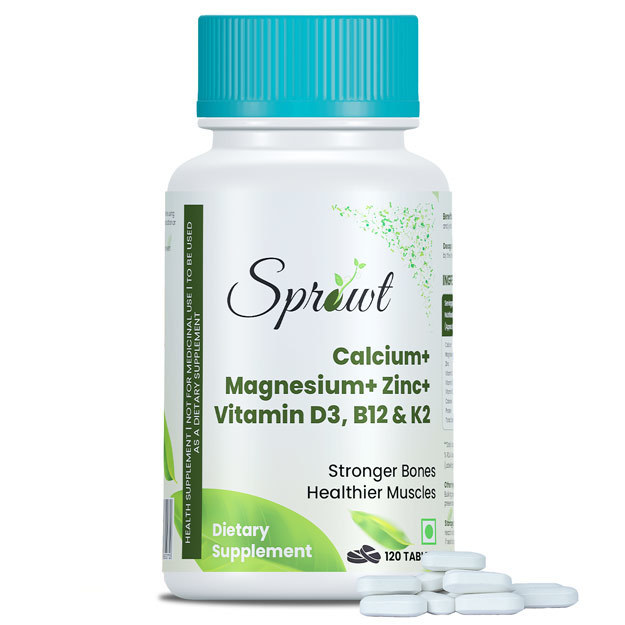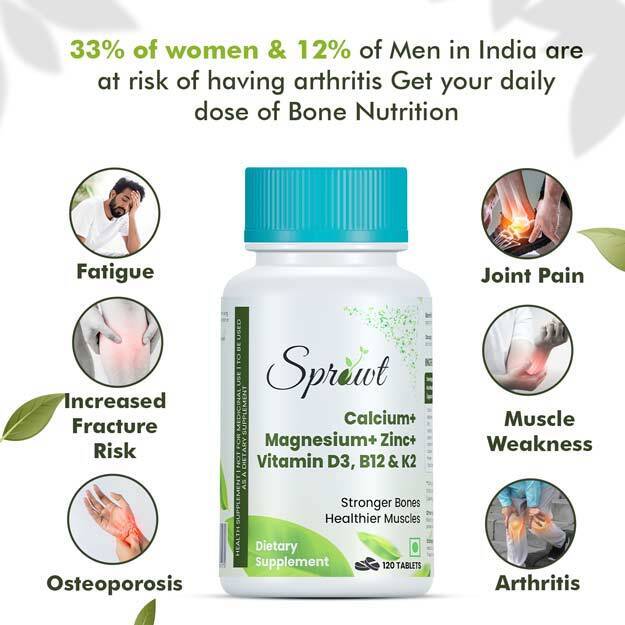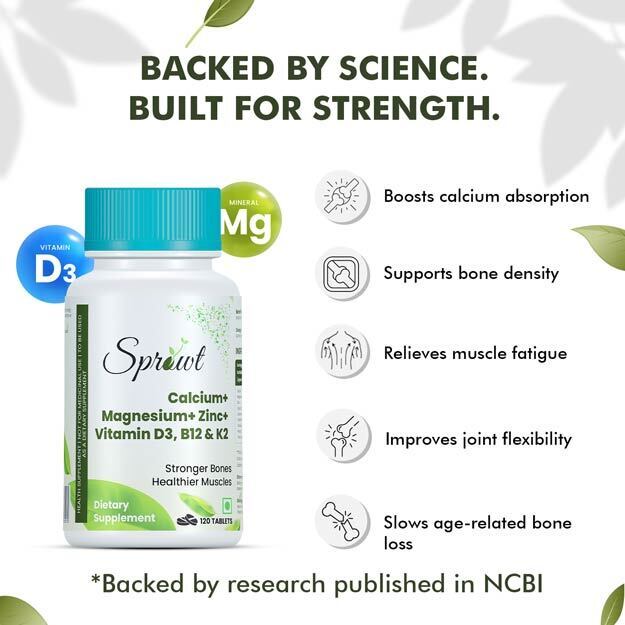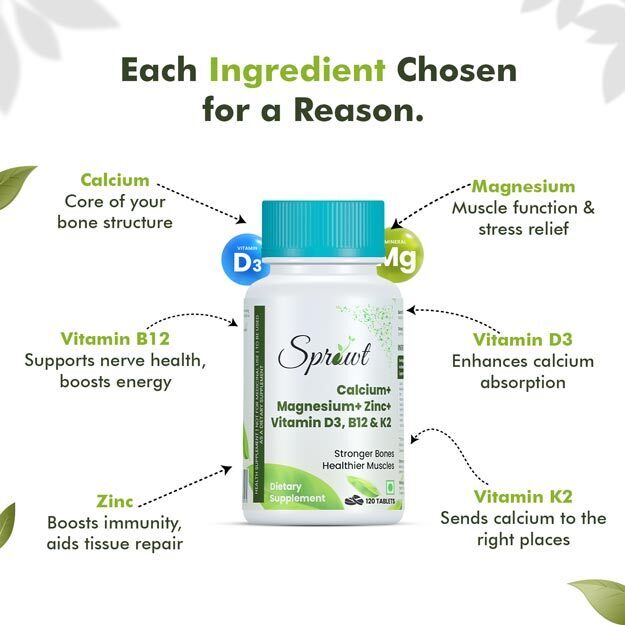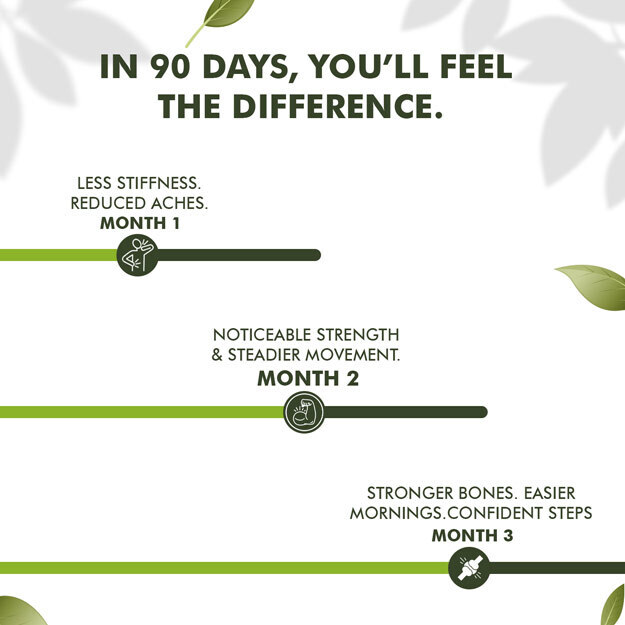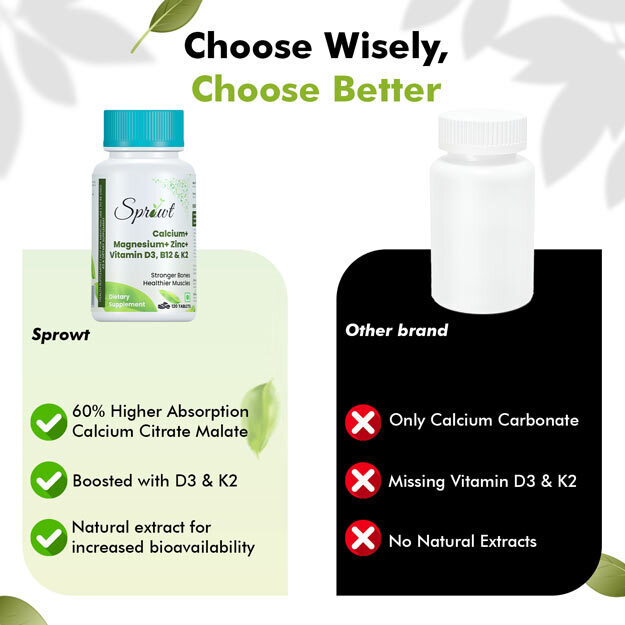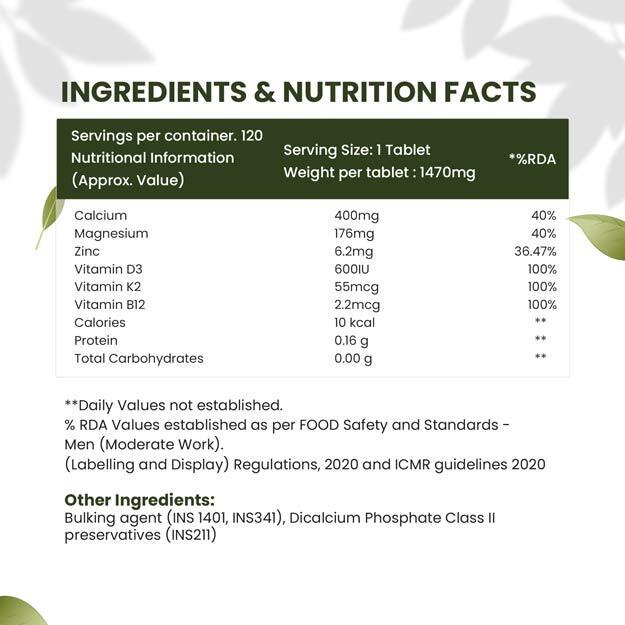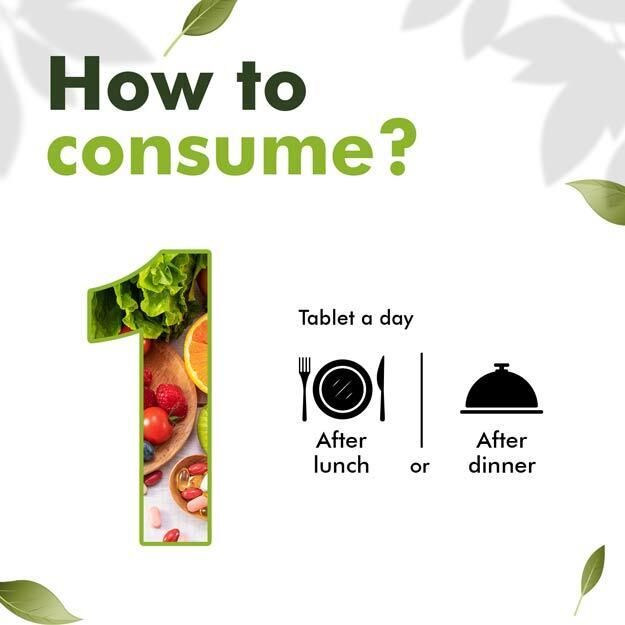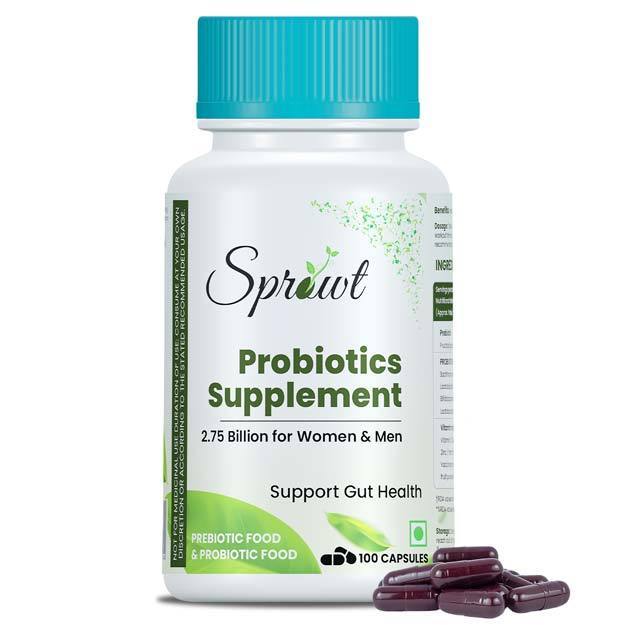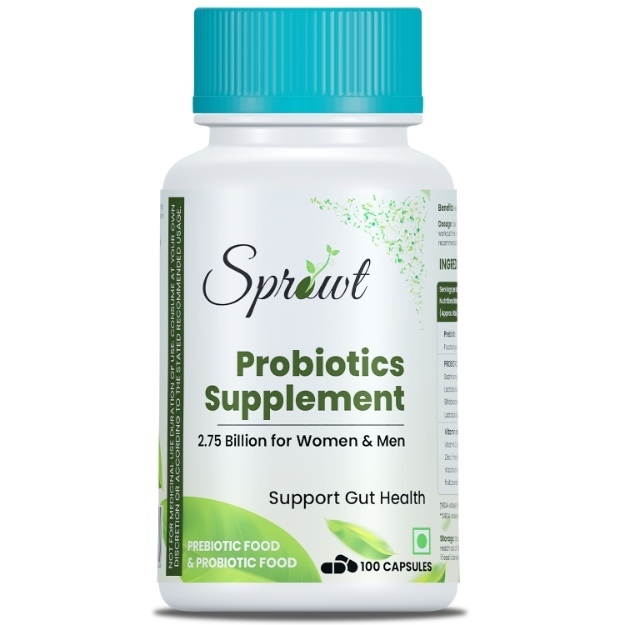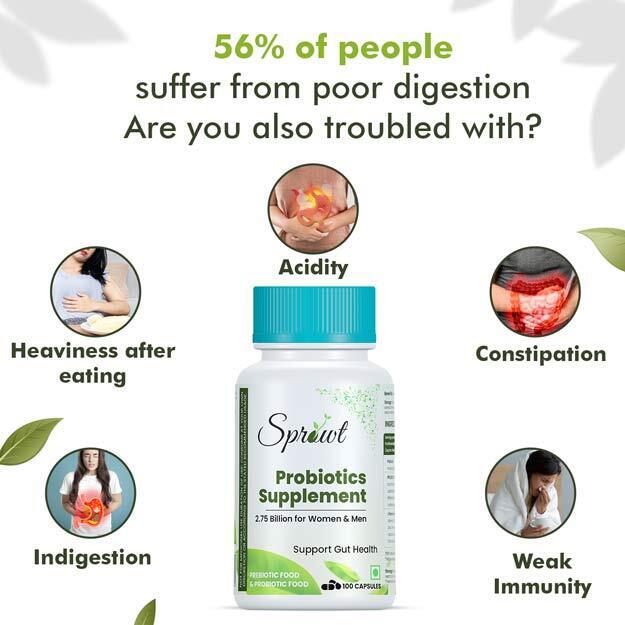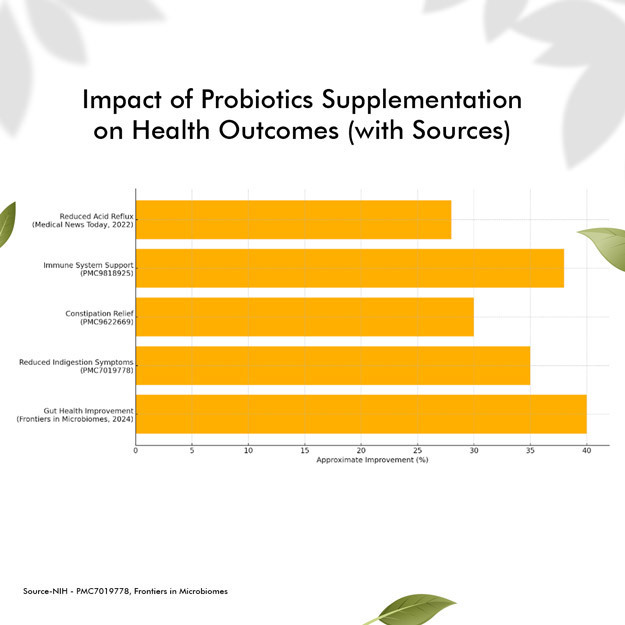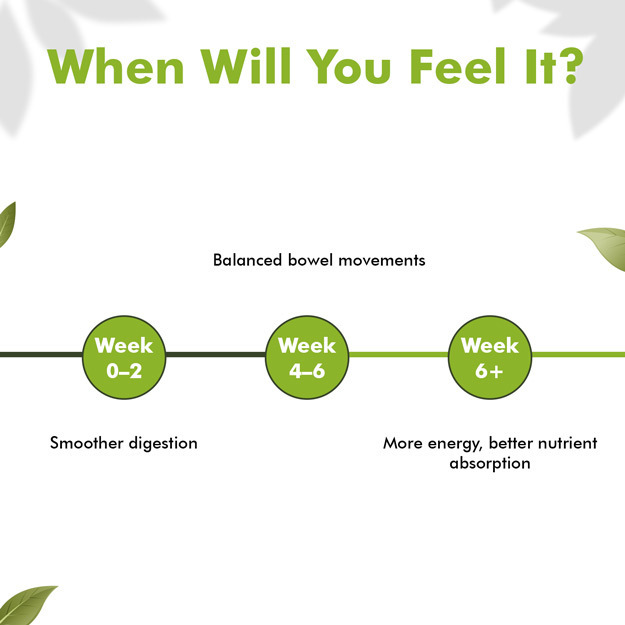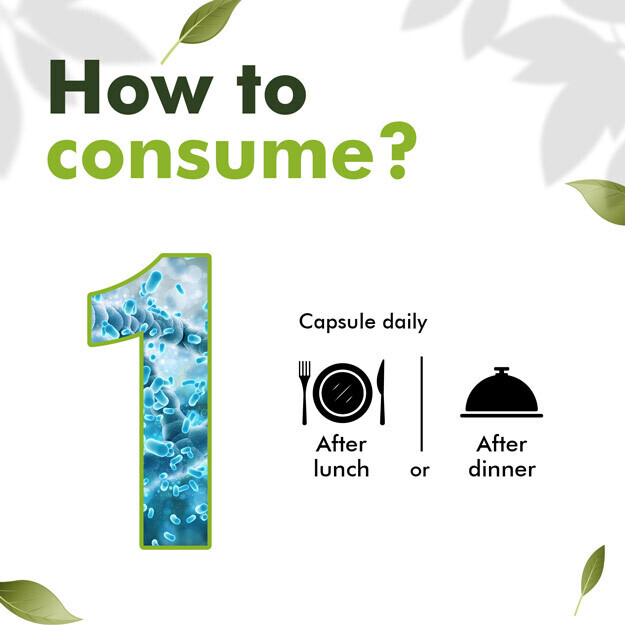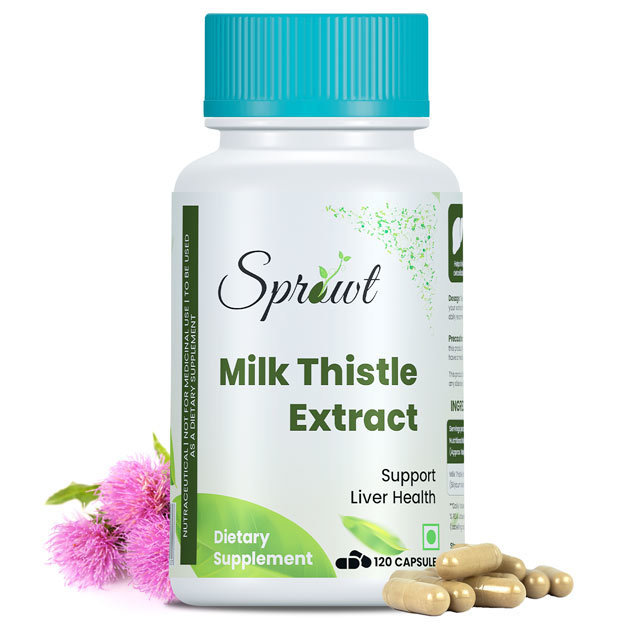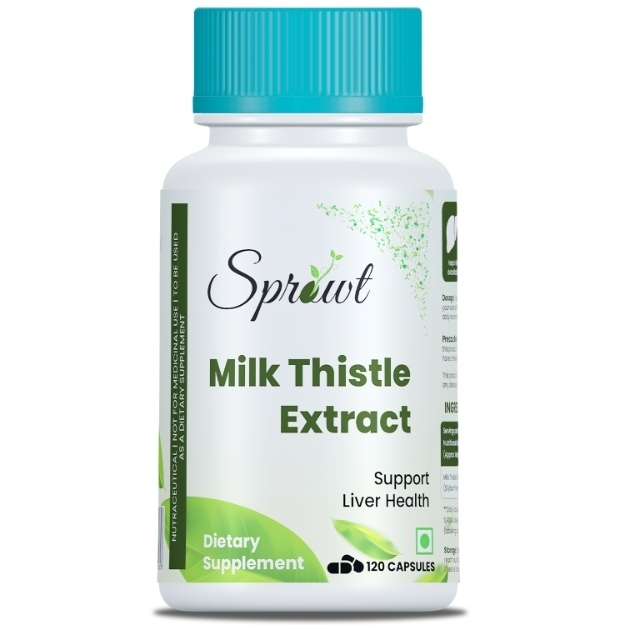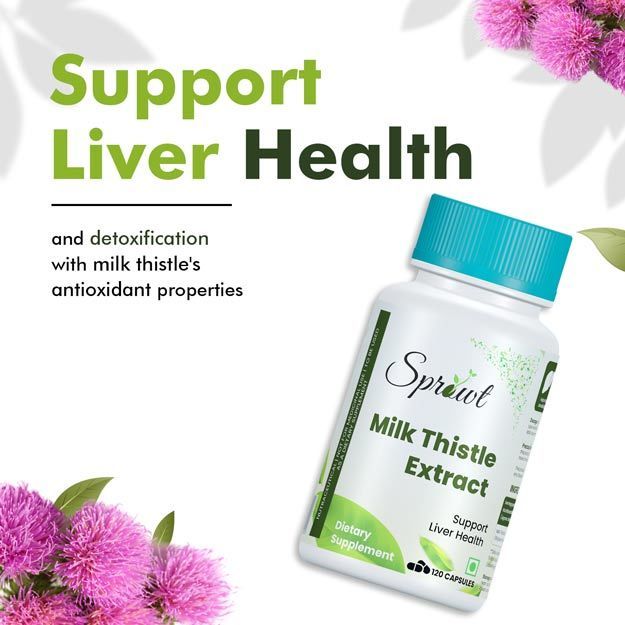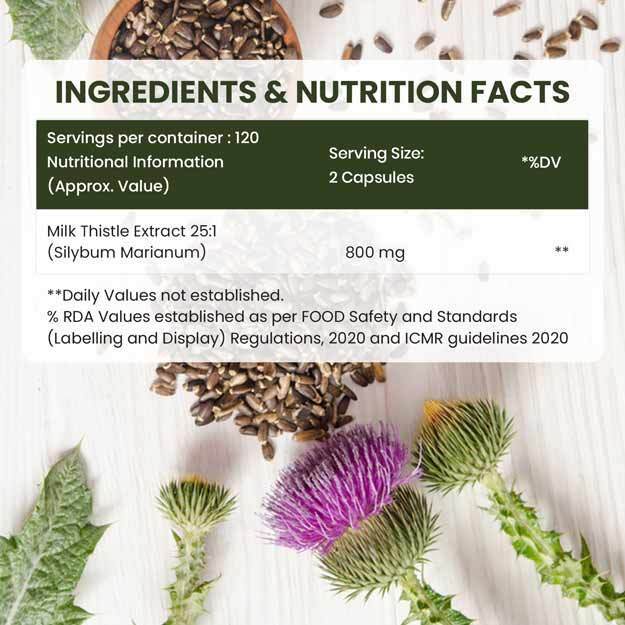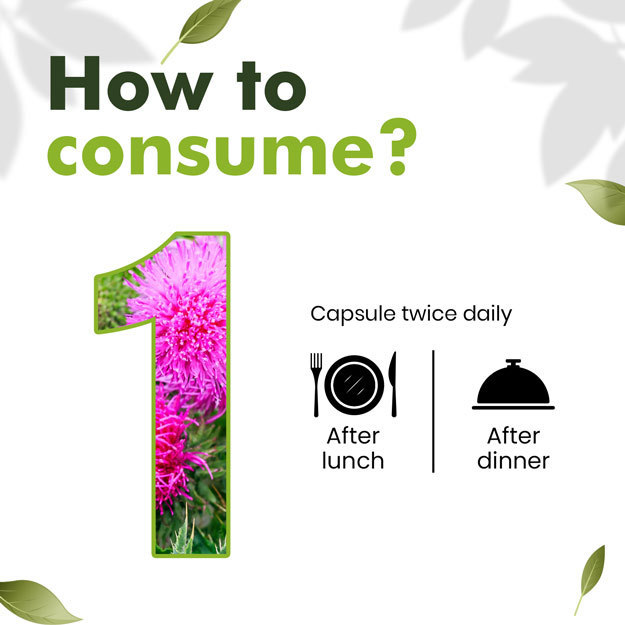Did you know that some foods, herbs, and plant extracts naturally contain antibiotic properties? These natural antibiotics have been used for centuries to fight infections and promote healing—long before modern medicine introduced lab-made antibiotics. Let’s explore how everyday items like garlic, honey, and frankincense work wonders for your health.
Read More - (Benefits of Kalmegh - myUpchar)
What Are Natural Antibiotics?
Natural antibiotics are substances found in certain foods, herbs, and essential oils that help fight bacteria. These can inhibit bacterial growth, support detoxification, and even strengthen immunity. From preventing food spoilage to treating infections like UTIs (urinary tract infections), natural antibiotics are powerful allies in health and wellness.
Read More - (Chitrak Herb Benefits)
- Honey
- Garlic
- Frankincense
- Celery Oil
- Ginger
- Cloves
- Side Effects Of Natural Antibiotics
- When to Use Prescription Antibiotics
- Summary
Honey
Honey has been used since ancient Egyptian times to treat wounds and infections. It contains hydrogen peroxide and has a low pH, which together kill bacteria by drawing moisture out of them. Its high sugar content also creates an environment where bacteria can’t thrive. Apply honey directly to wounds for healing, or take it with water or herbal tea to support gut health.
Read More - (The Healing Powers of Rosemary: Benefits)
Garlic
Garlic is widely known for its antimicrobial properties. It fights bacteria from the inside out and is safe when eaten in moderate amounts. Two cloves a day are generally considered safe, but high doses or garlic supplements should be taken with caution, especially if you’re on blood-thinning medication.
Read More - (Benefits of Akarkara)
Frankincense
Frankincense may not be as commonly used today, but studies show its extract can fight bacteria like E. coli, Staphylococcus aureus, and Candida albicans. While frankincense has minimal side effects, consuming it in excess can lead to diarrhea. Always follow the usage instructions if you're using a supplement or essential oil form.
Natural antibiotics offer a gentle yet effective way to support health without the harsh side effects of synthetic antibiotics. However, it's essential to use them wisely and consult a doctor when needed—especially if you are on medication or have chronic health issues.
Read More - (Benefits of Kachur)
Celery Oil
Celery oil is often used in natural household cleaners due to its strong antibacterial properties. A 2011 study found it to be even more effective than lavender oil in killing certain bacteria. However, celery oil should be used only externally. Always dilute it with a carrier oil like coconut or olive oil before application. People with high blood pressure or hyperthyroidism should avoid using celery oil.
Read More - (Yavasa: benefits)
Ginger
Ginger is a well-known natural antibiotic loaded with antioxidants and anti-inflammatory benefits. According to a 2022 study, ginger can inhibit harmful bacteria such as Streptococcus mutans, Enterococcus faecalis, Staphylococcus species, and Lactobacillus species. Its regular use in food or tea supports immunity and digestion.
Read More - (Top Benefits of Nirgundi)
Cloves
Cloves, the dried buds of the clove tree, are commonly used in food and drink. A 2023 study highlights that clove oil contains compounds that effectively kill Staphylococcus aureus, a common harmful bacteria. You can use cloves in your diet or as an oil after proper dilution.
Side Effects Of Natural Antibiotics
Even natural antibiotics can have side effects. Supplements may contain varying concentrations, and overuse can be harmful. For example, while garlic is generally safe, consuming it in large quantities—especially in supplement form—can increase the risk of bleeding. Always read labels carefully and consult a healthcare provider if you're on medication or recovering from surgery.
Read More - (Health Benefits of Kantola)
When to Use Prescription Antibiotics
Doctors prescribe antibiotics only when truly needed. They are used to:
- Treat serious bacterial infections
- Prevent the spread of infections
- Stop a condition from worsening
- Speed up recovery
If your doctor prescribes antibiotics, it’s crucial to take the full course as directed—especially for those at higher risk of complications from bacterial infections. Natural remedies are powerful allies for daily wellness, but for serious infections, always rely on professional medical advice.
Read More - (Kokum and Your Well-Being)
Summary
According to the Centers for Disease Control and Prevention (CDC), more than 2 million Americans get sick from drug-resistant bacteria each year, resulting in more than 35,000 deaths each year. These bacteria are becoming a growing threat, and new and effective drugs may be as effective at treating them as antibiotics. Before you use any natural antibiotics, talk to your doctor first so that if you have an existing condition, your doctor can talk to you about what is right for you and what is not. You should not take antibiotics unless absolutely necessary. If you have any questions about these natural antibiotics, they can be helpful.

